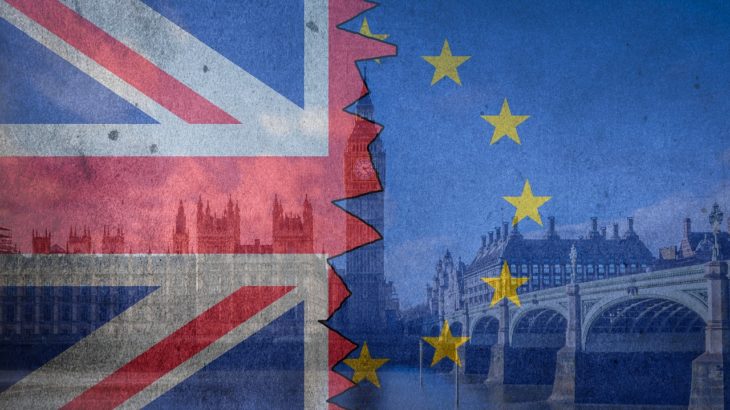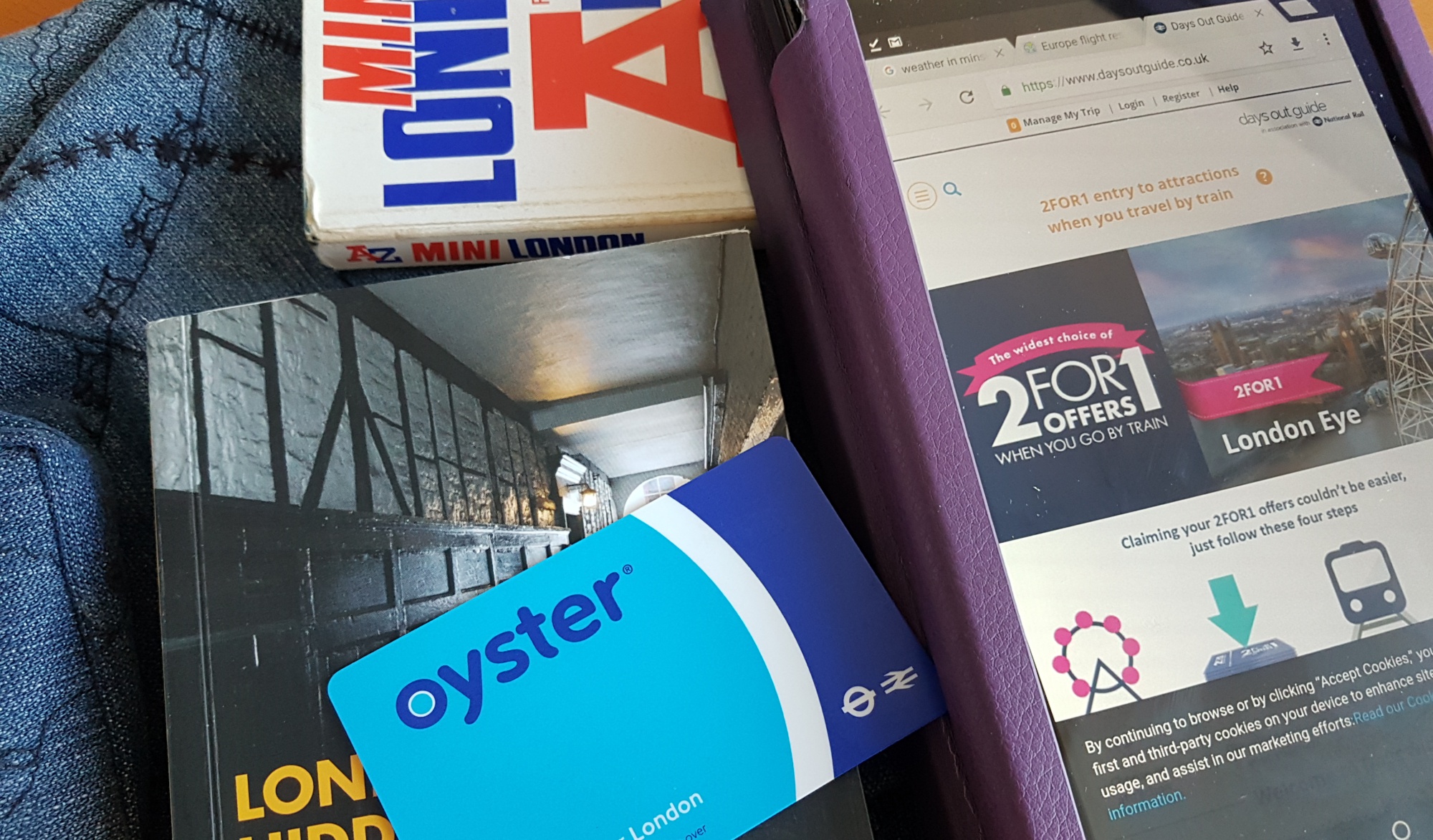As 29th March fast approaches and we wonder whether or not there will be a deal, it’s worth considering the potential implications on any travels to Europe after Brexit. For the majority of UK residents, at least in the short term, there is nothing to worry about. But that isn’t the case for everyone.
Make sure you check the full guidance for UK Nationals Travelling to EU in preparation, as this will be updated as changes are made.
If you plan on the basis of being able to travel overseas to a destination outside of Europe, then you can’t go too far wrong. Here are the highlights from the guidance:
Passport
If your passport expires in less than 6 months, you should renew it. Watch out if you renewed your passport early, last time. The extra days added onto the standard 10 years will not count towards the 6 month expiry window. Refer to the guidance for further details.
Flights
The majority of flights should continue without any issues, even in the event of a no deal, but be sure to double check your flights with your airline before leaving for the airport, just in case.
Delays
If there is no deal it is unlikely that European country airports will have made any arrangements at immigration, for inbound UK passengers after 29th March. Which will no doubt mean longer queues at the arrival hall, whilst everyone is checked. Strictly speaking you may need evidence of an onward or return journey.
Just allow extra time and prepare to be patient as it will be frustrating to travel to/from Europe whilst things settle down.
Insurance
Many UK residents travelling to Europe have relied upon their EHIC card in the past. In the event of a no deal this is likely to be invalid and therefore you will need your travel insurance to cover medical care. More information about the EHIC card and potential changes is available on the NHS site.
An EHIC card only covers medical treatment so you should really already be taking out travel insurance when travelling abroad. Travel insurance is also not a replacement for EHIC. You need both.
Travel insurance can be obtained easily but do read: How to avoid invalidating your travel insurance.
Visas
If the UK leaves the EU without a deal, British Citizens may be granted visa free entry for short stays in the Schengen area. There is however a 90 day limit within a 6 month period and it does not permit you to work. A work permit will need to be obtained. The best you can hope for currently is some clarity in the government guidance. In the meantime check the country specific travel advice page and check the guidance for updates. I’m just keeping my fingers crossed and am avoiding heading anywhere on the 30th March, until we know the implications.
Driving
For those planning to drive their own car in or through countries that are part of the Free Circulation Zone, after 29th March, you will most likely need a green card. This should be provided by your insurer free of charge. However, you will need to let them know and apply for this in advance.
If there is no deal, there is also the possibility of some countries requiring an International Driving Permit (IDP). An IDP can only be obtained in person at a post office. The Post Office website has more info. There is more guidance available here.
Finally, you should get a GB sticker for your vehicle, if you haven’t already.
Other
There are a number of other things to consider, such as if you are travelling via land rather than flying, travelling with pets, or plan to use your mobile whilst in Europe.
This post has been written to highlight a few areas to consider for any travels to Europe after Brexit. However, all these things could change, so I recommend you read the government guidance fully, in relation to areas that are specific to your personal situation and plans. Make sure you follow any updates, as there are likely to be changes this coming week.




